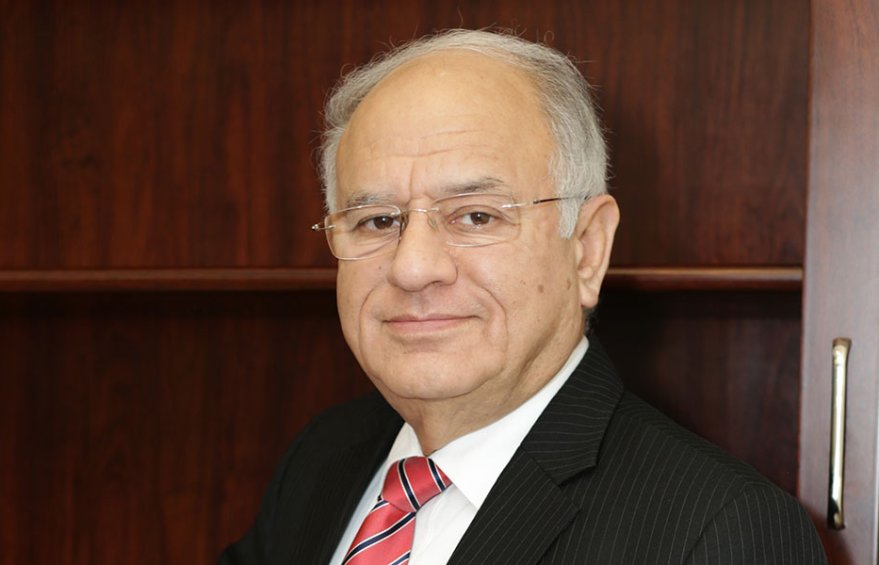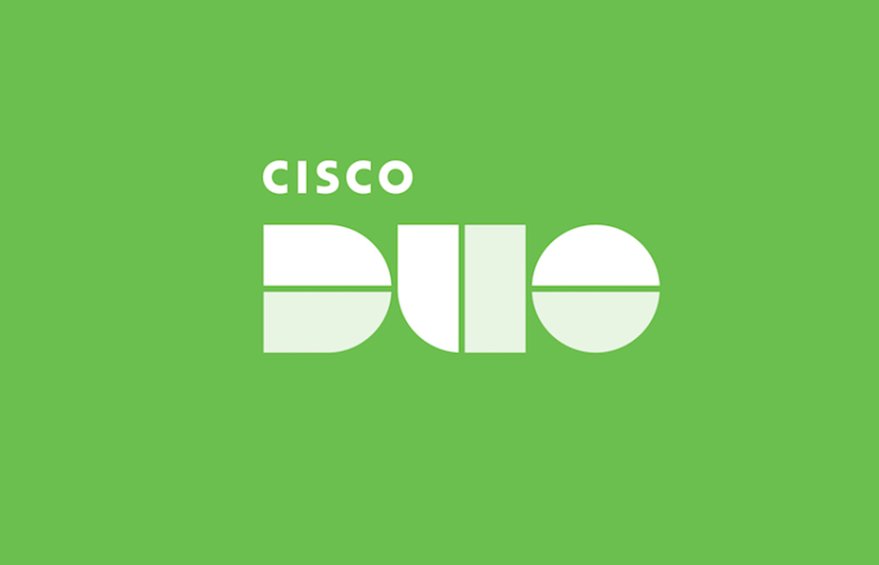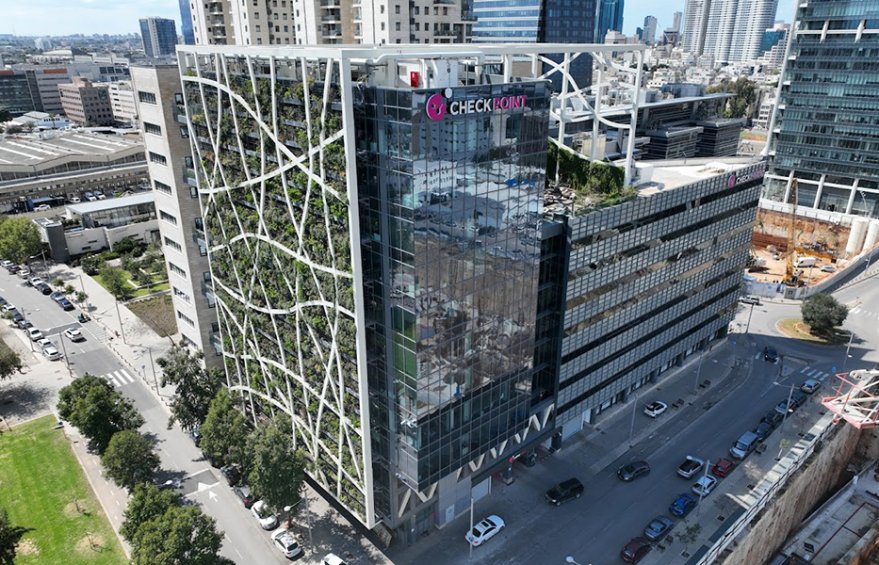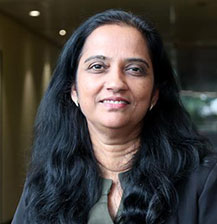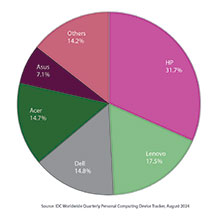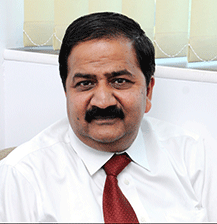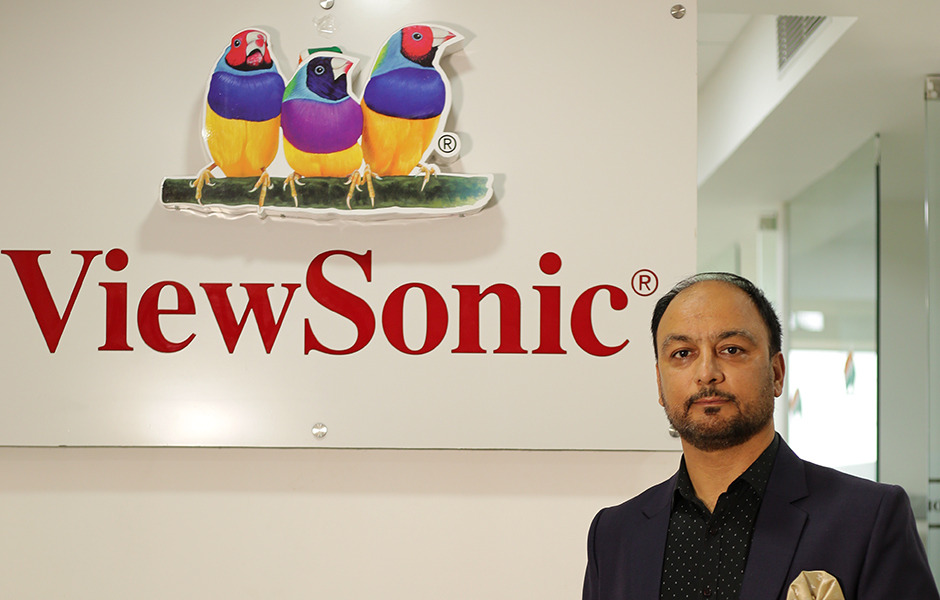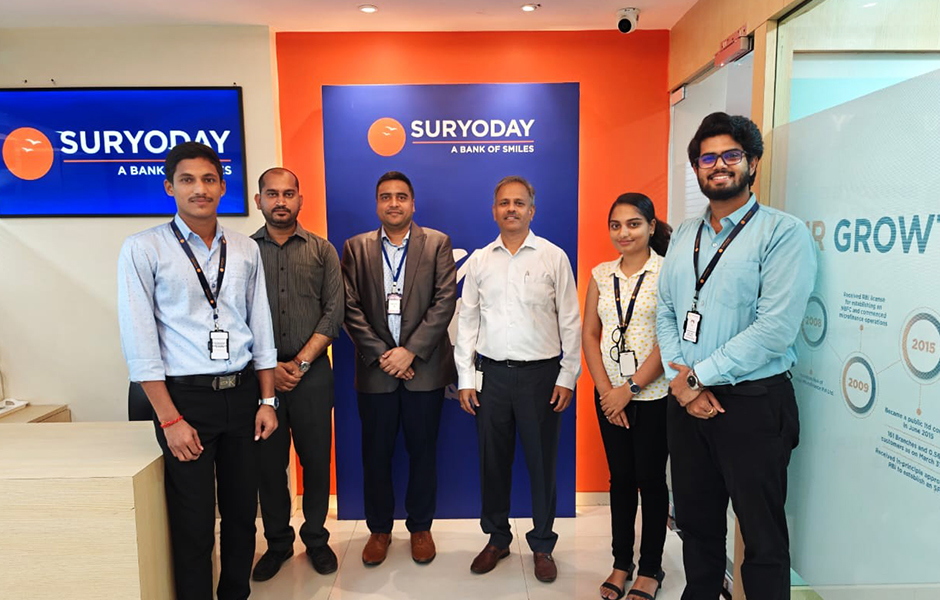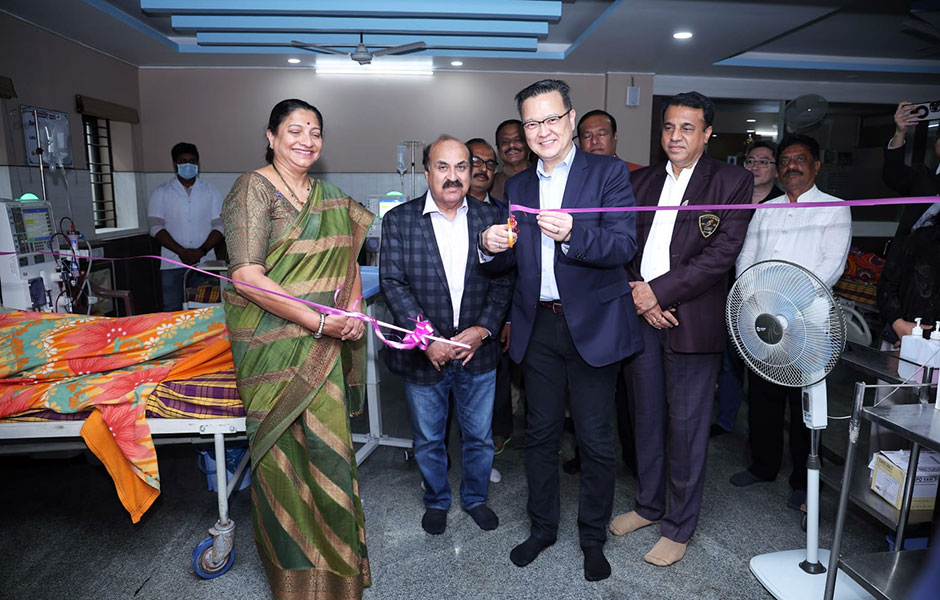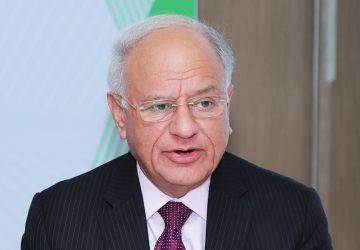Tata Tele Business Services accentuates centrality of digital technologies in difficult times
Digital Edge Bureau 27 Nov, 2020 0 comment(s)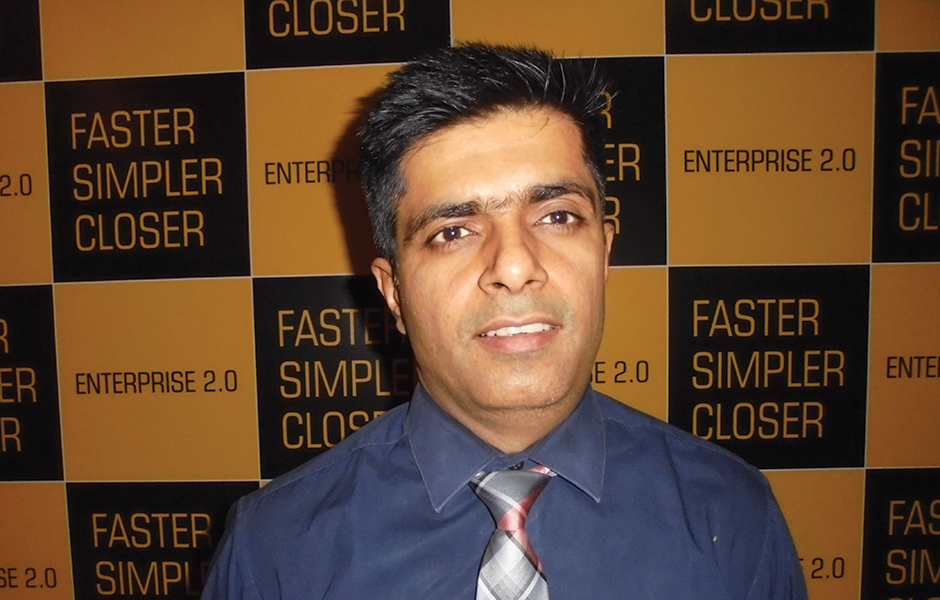
Aditya Kinra, Vice President, Tata Teleservices: Galvanizing Indian industrial entities including SMEs for harnessing post-COVID business opportunites
India’s Tata Tele Business Services (TTBS), the leading enabler of connectivity and collaboration solutions for businesses in the country, has hosted the CXO Talk on the theme – Reboot your Business with Tech Advantage – in New Delhi. The virtual round table invited experts from major industries to share their valuable leadership experiences while recovering from business disruptions due to COVID-19 outbreak. Tata Tele Business Services led the discussion on how frontier technologies are enabling collaboration tools and helping enterprises to operate with their full-fledged efficiency during these challenging times.
“The pandemic has triggered a need for short-term changes in the work culture of organizations but in long-term, the purpose of digital transformation has been adopted for good. At TTBS, we are providing bespoke connectivity and collaborations solutions to our enterprise customers to keep their business practices ‘stable’ and operations ‘as-usual’ ensuring optimal productivity than ever before. From the initial phases of complete WFH to partial re-opening with a hybrid model, we have enabled businesses with the right set of digital tools and assets”, said, Aditya Kinra, Vice President, Tata Teleservices Ltd.
Industry representatives who participated at the event included Sameer Malhotra, CEO & Director, Shriram Automall India Ltd; Deepak Kashyap, CEO, Dialdesk; Krishnam Raju D, CEO, Marg ERP Group; Aakanksha Bhargava, CEO, P M Relocations Pvt Ltd; Litesh Gumber, MD, QuadB Group; and Anmol Garg, Founder, Sales5X. The roundtable presented some of the interesting cases where multiple leaders discussed that how their organizations are working towards rebuilding with growth-oriented approach, and how technology has made it easier with rapid digitization.
Sameer Malhotra of Shriram Automall India, viewed, “Businesses will bounce back to its optimum level with the help technological inference, digitization with time would be the key driver for reverse transformation. With continuous innovation and adoption, hybrid digitization has helped us to re-gain our business momentum back”.
With the same vein, Deepak Kashyap of Dialdesk, said that the acceptability of digitization and technology had changed for businesses and it had affected the way how we were collaborating for work these days. “The pandemic has preponed the future where hybrid work models can be considered effective for organizations as well as individual employees”, added Kashyap.
Krishnam Raju D of Marg ERP Group opined that at the time of crisis, communication is the key to keep customers updated and acknowledged about your business continuity actions. “We leveraged our capabilities, built our network system on digital and reached out to every district in India where our customers are present”, said Raju.
Aakanksha Bhargava of P M Relocations, said “Communication with employees at all times are very critical during this pandemic, whether we talk about moral support and job security on a personal note, or we discuss the business continuity plans professionally. For seamless real-time connectivity, we have shifted our cargo shipment tracking to complete digital mode during this pandemic that helped us to maintain a smooth operational continuity”.
While, Litesh Gumber of QuadB Group, viewed, “The manufacturing industry gets the benefit of doubt where people have pre-agreed that WFH (work-from-home) is not suitable at all in this current pandemic situation. We have successfully made it possible with right technology and collaboration tools. We followed a virtual assembly line to divide the processes in different steps, and moreover we started manufacturing at employee’s residences and allowed them to set up small work areas at home”.


